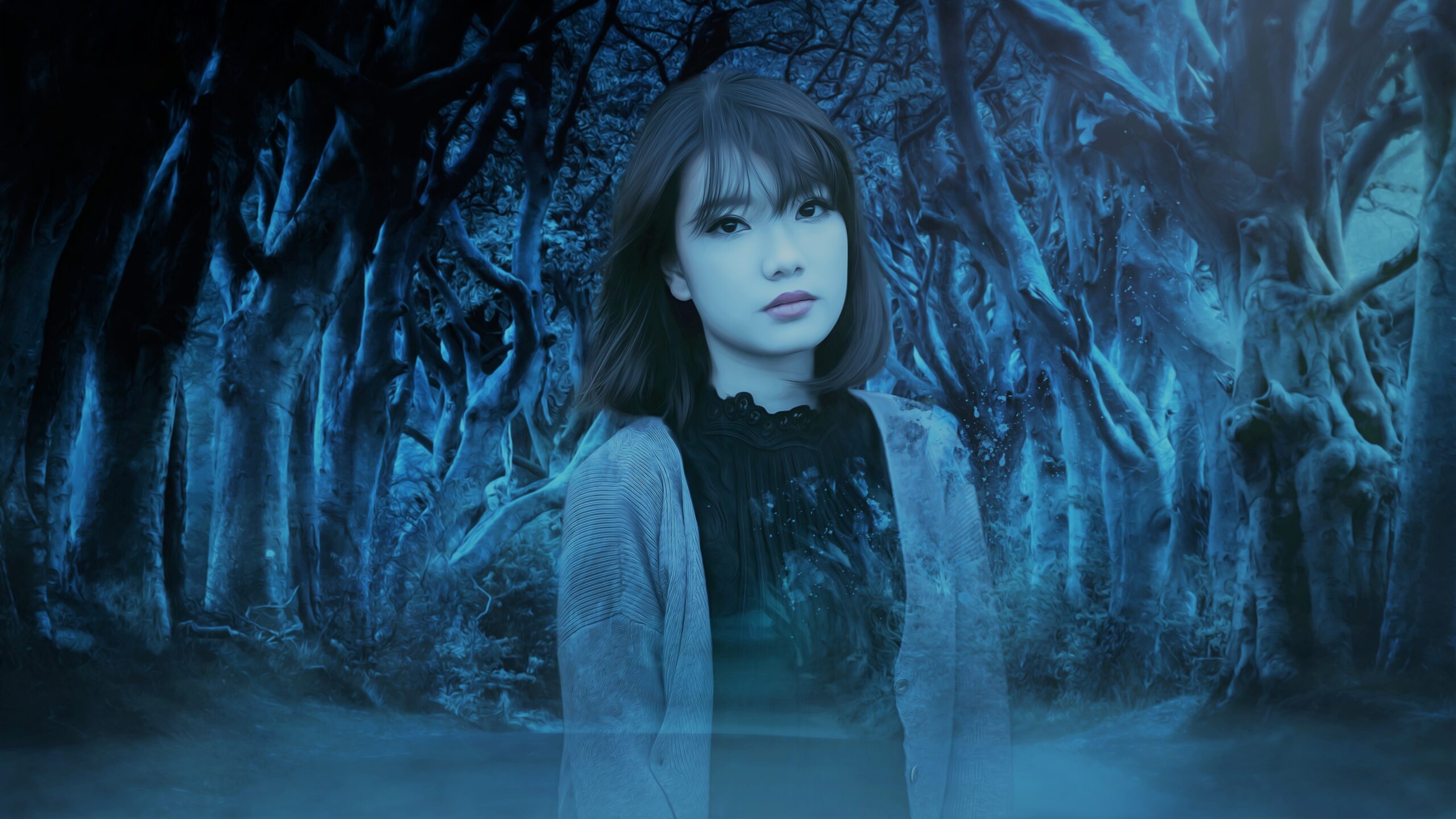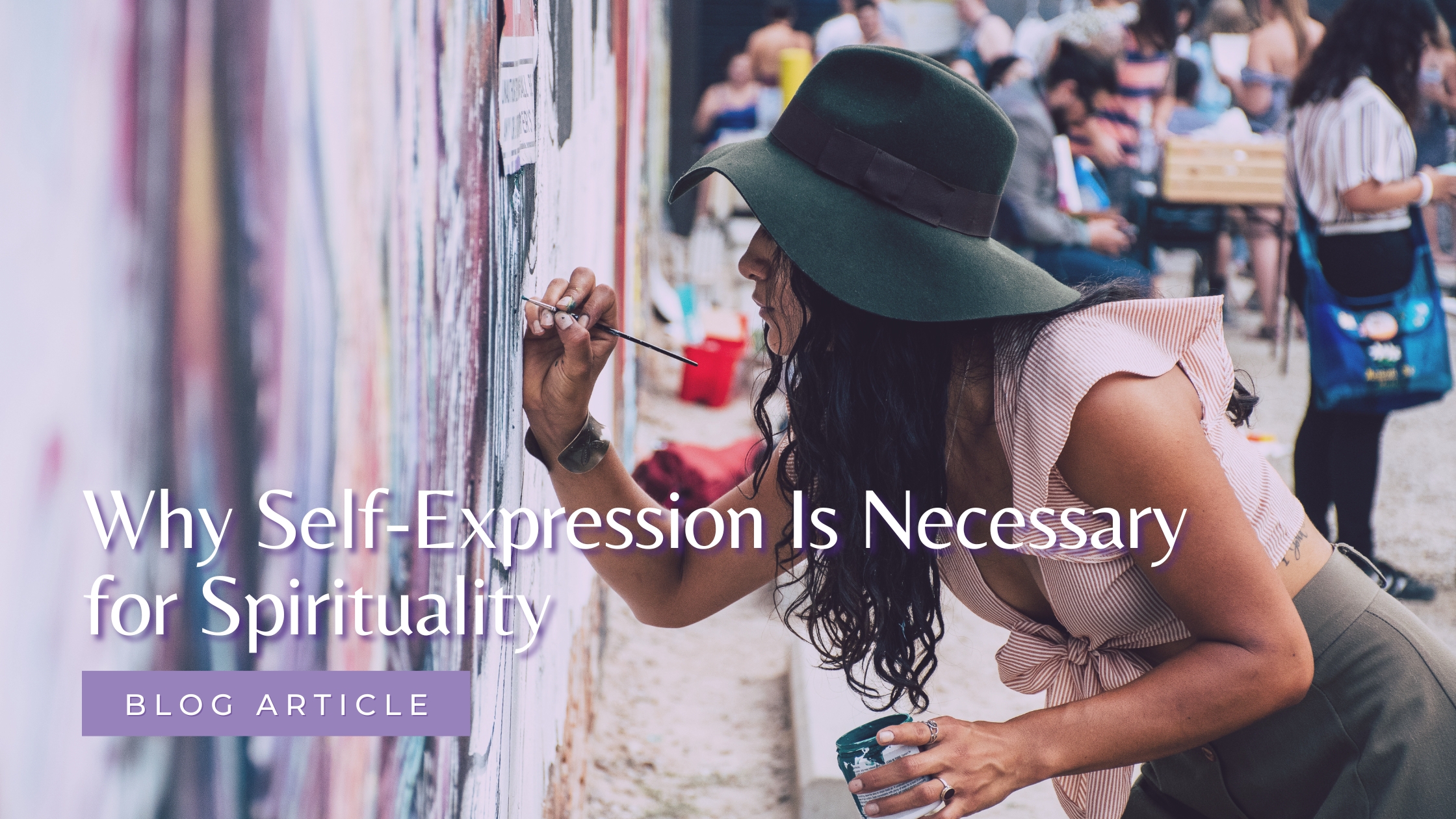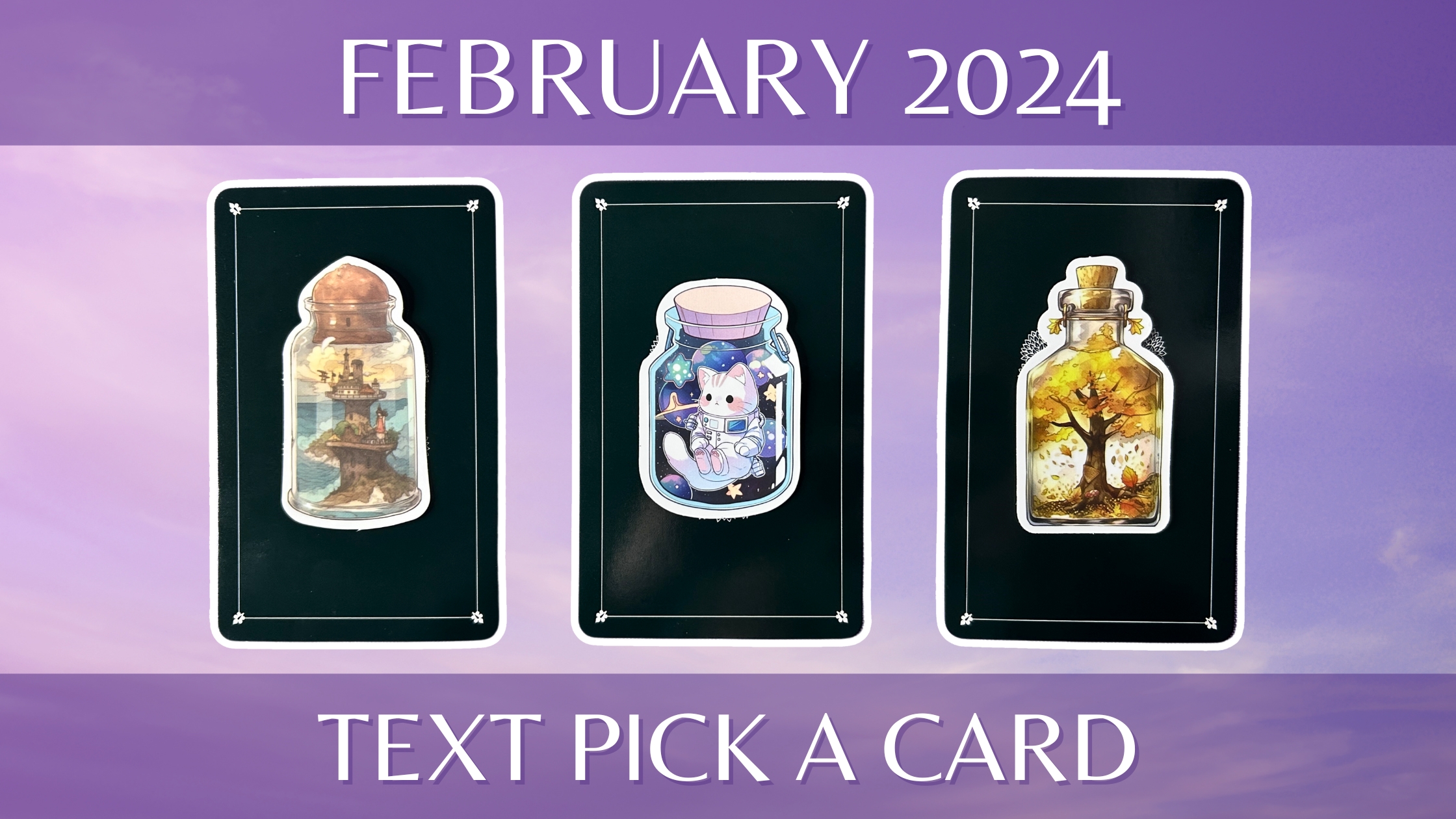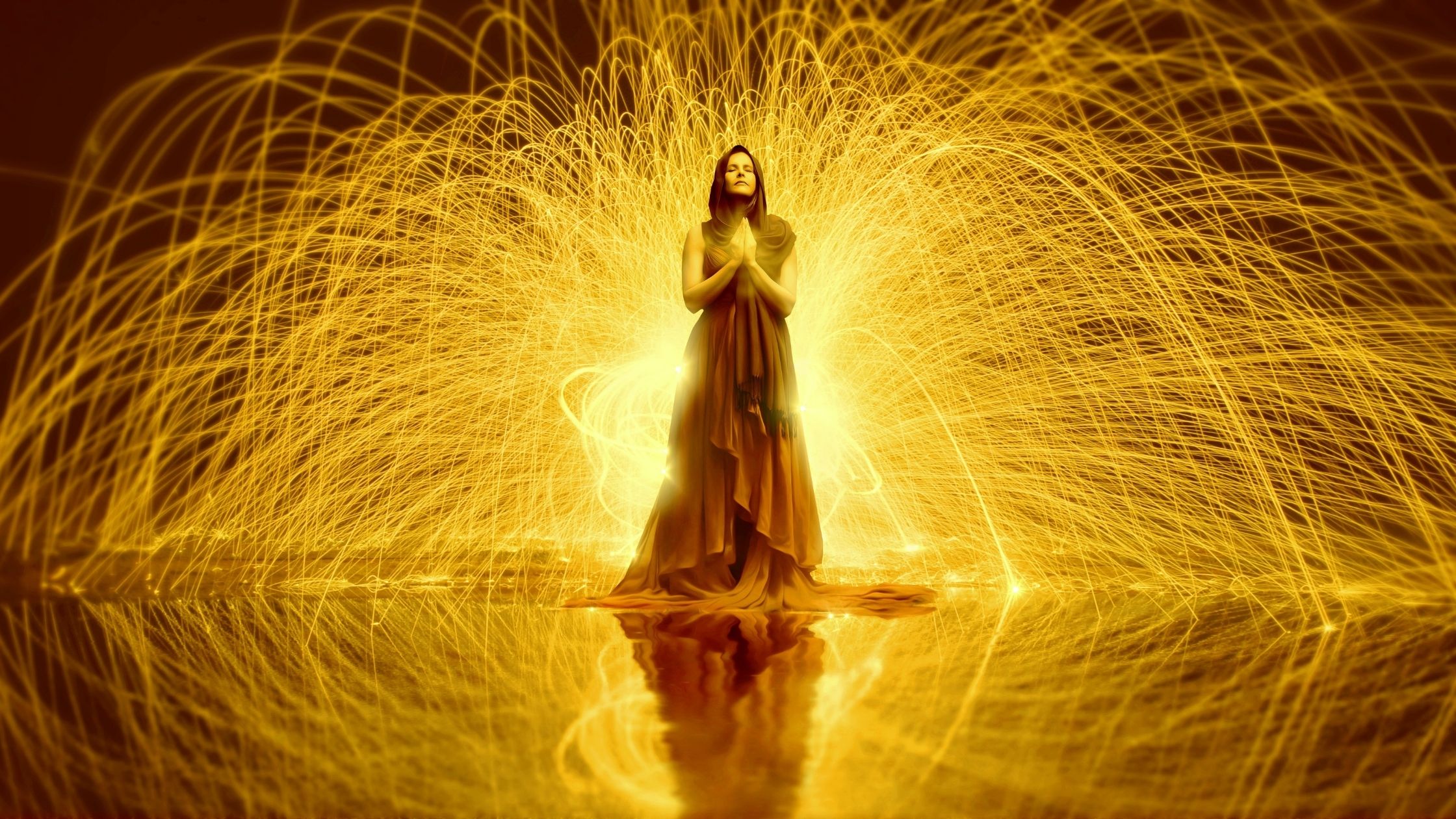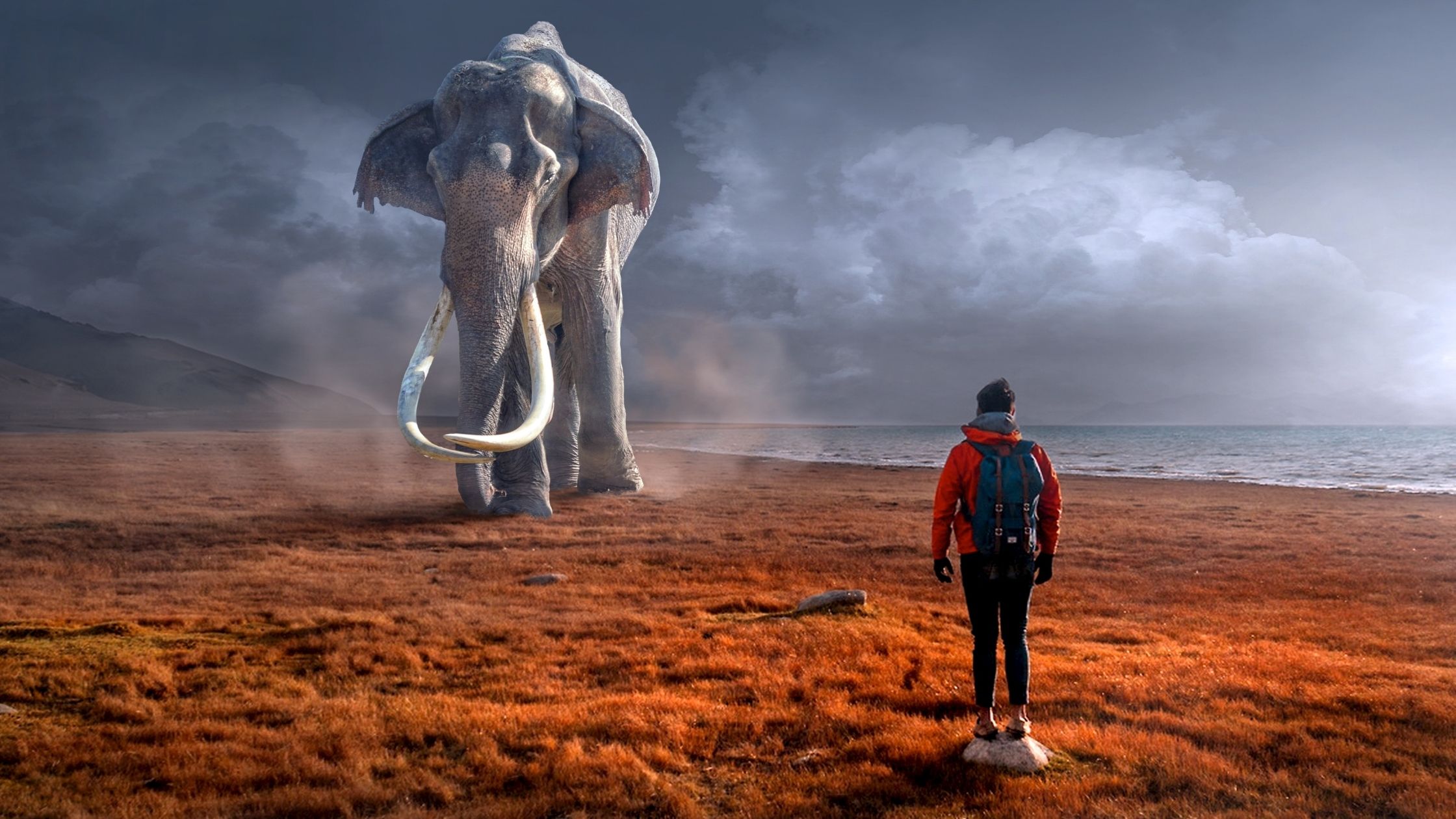Is the Paranormal Real? A Spiritual Take
The concept of paranormal activity makes a lot of people uncomfortable. If something so dramatic as ghosts or psychic abilities were real, wouldn’t we be certain by now?
The truth is that we don’t have hard scientific data to support or reject the paranormal. Nor is there any real research being done on the topic.
Instead, you should approach the paranormal with curiosity and integrate it into your spiritual practice.
The Perspective of Science
Scientists are on the skeptical side when it comes to the paranormal, though some historical figures considered the possibility and a minority of contemporary professionals are interested in experimentation.
In general, the paranormal is treated as a debunked pseudo-science. Experiments are few and often heavily biased against its favor. Without falsification using the scientific method, no true conclusions can be made.
Yet there are so many people across numerous cultures that believe in similar phenomena. Though our interpretation of the paranormal is likely flawed, our belief does appear to be founded in some reality.
Religion and the Paranormal
You tend to find that there’s a difference between positive and negative supernatural activity. The line between the two is often blurred, and those who focus too much on the negative tend to be cultural outsiders.
We’re usually taught to fear the paranormal because it’s “evil.” This is likely not unfounded, but also a self-fulfilling prophecy.
A good example of this is the Ouija board. Even most witches wouldn’t dare use it and are advised not to do so by their witchy peers, despite the fact they usually have no problem channeling spirits using other methods.
Religion, which is the superstructure that organized cultures of old, makes the distinction between positive and negative supernatural activity.
But religions differ and cultures differ, and what’s considered paranormal in one culture would be considered divine in the next.
Paranormal Discernment
Spirituality is an inherent foundation to our understanding of the paranormal, but you shouldn’t disregard that your perception is not entirely your own. Even in your spiritual journey, you may be frightened or dismissive of certain supernatural activities.
That’s why it’s so important to really look at your spiritual awakening if you’ve been fortunate to have one. Do you remember how surprised you felt? Enlightenment is a powerful moment that radically changes how a person views the universe.
We all have preconceived notions and they’re usually altered when we become more spiritually aware. Asking whether or not the paranormal is real is a profound personal question we must all wrestle with.
You need to be able to discern for yourself what’s good and bad. Religion can help inform that, but religion is a human invention and not a personal spiritual reality. Though previous spiritual teachers can help you grow, you must make a spiritual connection of your own.
And part of that is figuring out what supernatural activity is good or bad.
Why the Paranormal Exists
There’s nothing inherently evil about Ouija boards. It’s usually just a piece of wood, some ink, and a planchette to point at letters and words. However, Western culture has created the idea that talking boards attract malevolent spirits.
Like attracts like, and when we fear the Ouija board we’re about to use, we attract negative spirits. Sometimes this is on purpose. If you’ve ever used an Ouija board with a group of people, there’s a high likelihood that someone hopes for something really scary to happen just to make things exciting – and someone else is petrified at the possibility.
Belief and energy have a strong influence on how we experience the paranormal. That in turn influences how we integrate it.
Western culture is generally Christian, meaning many spiritual tools, like tarot cards, are seen as demonic. Yet other cultures have no problem with divination.
It does help to understand how that happened. The ancient Israelites had a contentious relationship with their neighbors, and one of them, the Canaanites, was known to sacrifice children. Even pagan Rome was disturbed by this, and Roman mythology is notoriously wild.
Part of the Israelite identity was in differentiating themselves from their Canaanite neighbors whom at least part of their people broke off from during the Bronze Age Collapse. What used to be positive supernatural activity soon became negative supernatural activity. After all, child sacrificers clearly had bad judgment. Best not to imitate them at much as possible.
However, you’re not an ancient Israelite and you don’t have to define your spirituality in contrast to someone else.
Integrating the Paranormal
Figuring out how to identify and integrate positive supernatural activity into your spiritual practice can be tricky. Although some of our perceptions are based on culture, there does seem to be a strong indication that not all supernatural activity is good. There is evil out there and you need to be aware of it.
Be cautious with any new spiritual tools or abilities. You need to be mindful of your intentions and energy, but you should also use intuition and rationality to prevent yourself from going too far. Anything where you infringe upon someone’s free will or attack others is bad, but this is often forgotten in the heat of the moment.
If you’re being contacted or you try to contact spirits, make sure that the communication is productive and not harmful. Just because you think you’re talking to a good spirit doesn’t mean you are, and some spirits may take on false personas to trick you.
Don’t be hasty with the paranormal and take your time. It’s better to integrate the supernaturally slowly so you can use adequate discernment. Even positive spiritual tools like the tarot can cause unhealthy obsessions or they could inadvertently attract a manipulative spirit.
Spirituality is a gift that’s to be enjoyed in this life, but it requires responsibility too.
